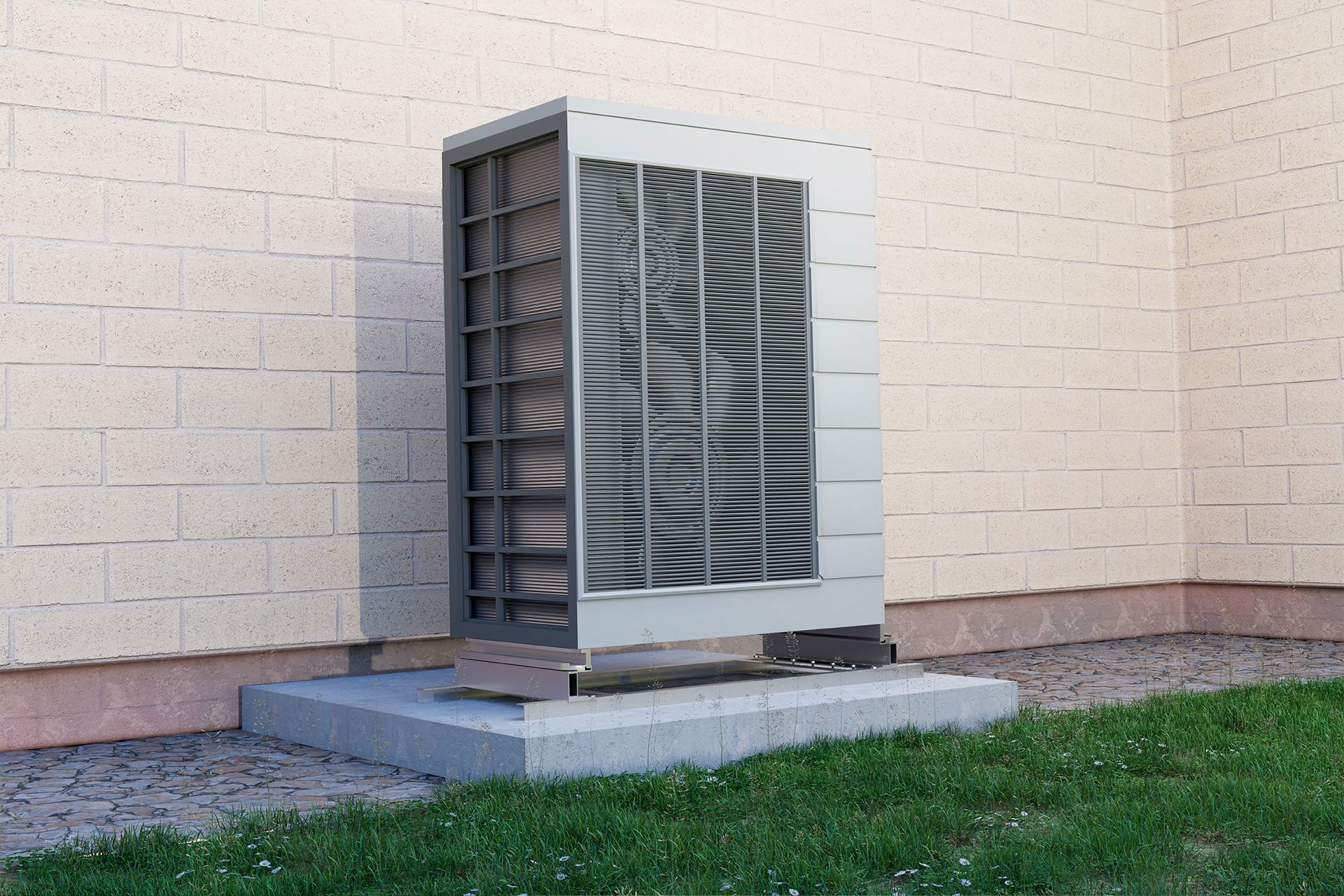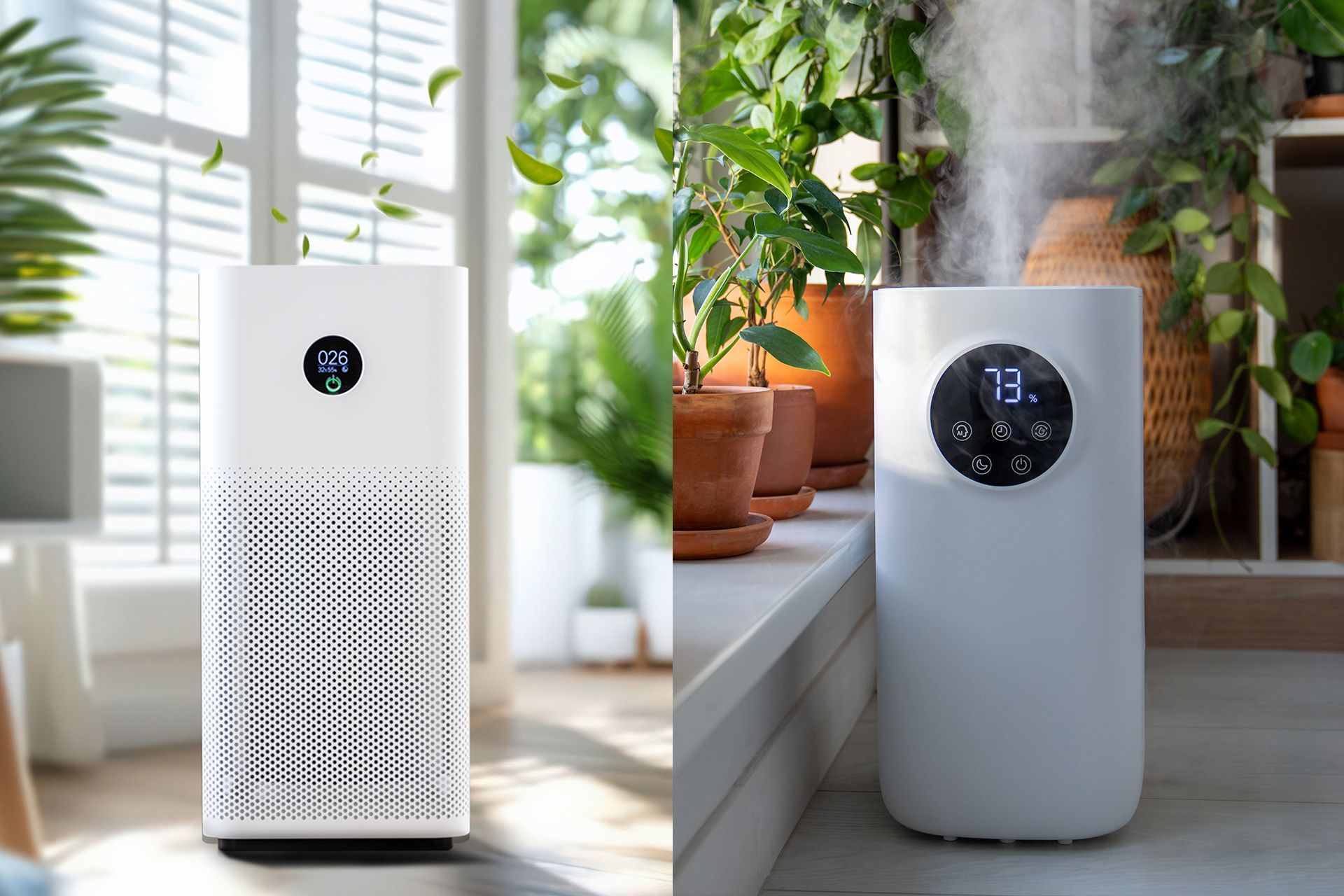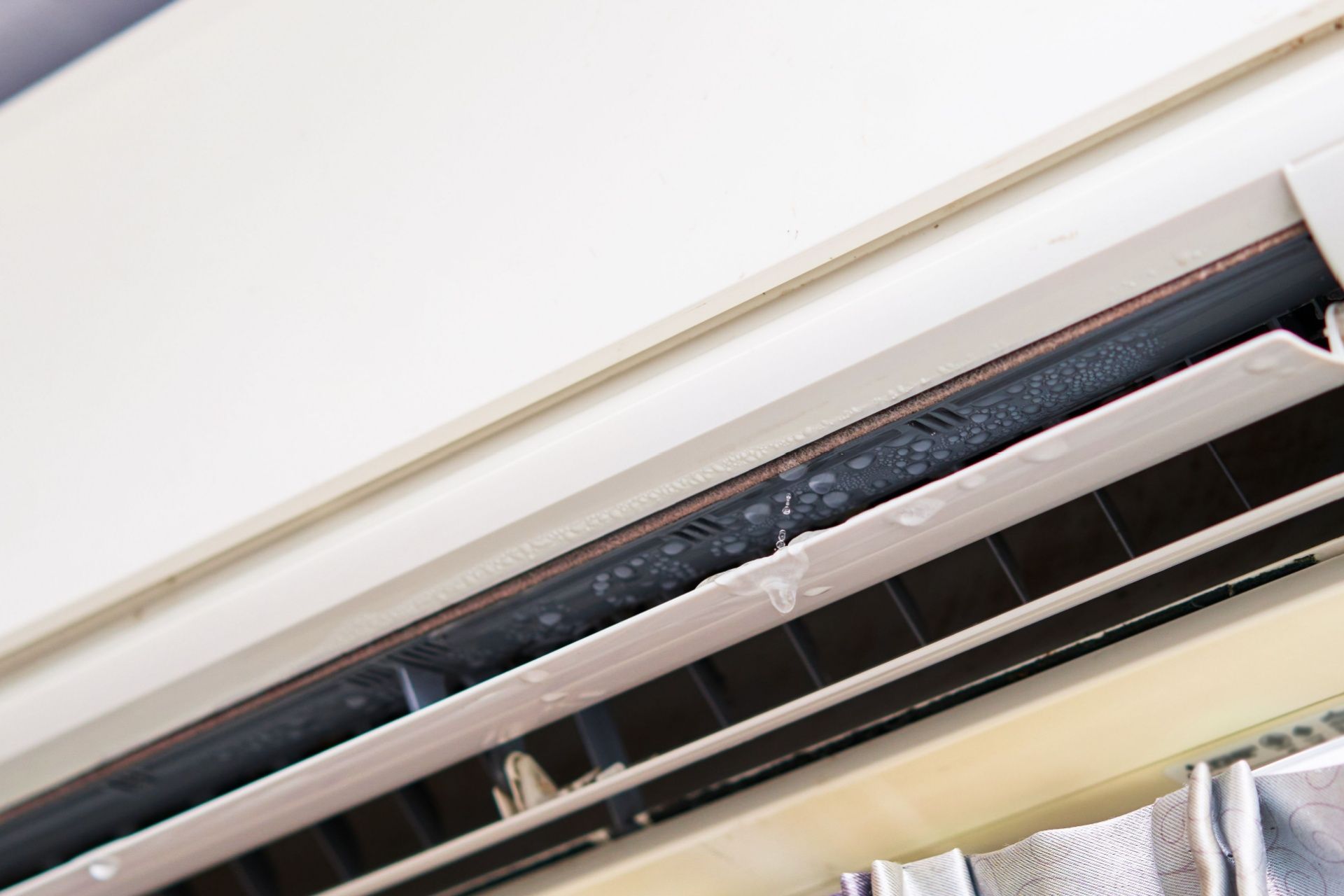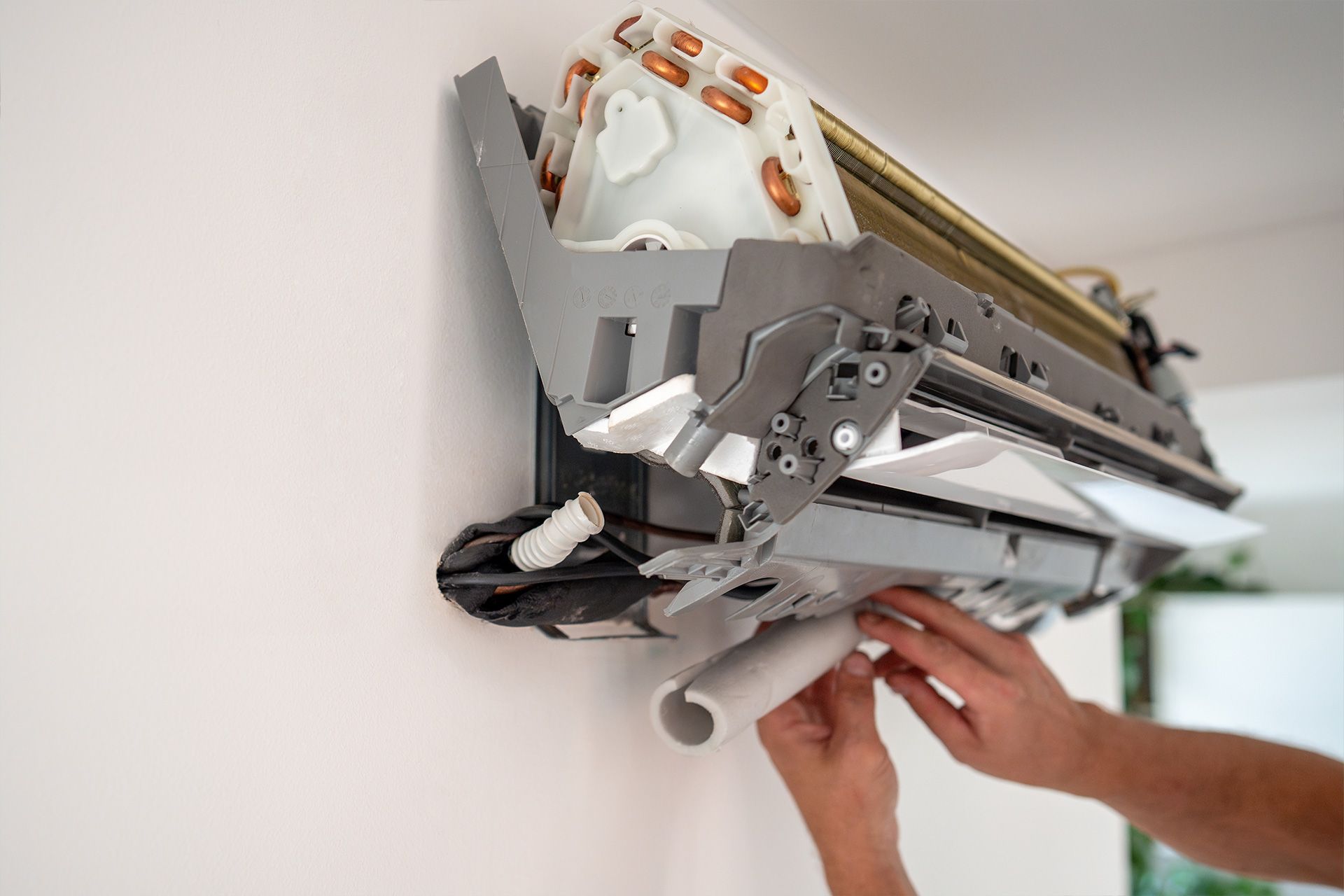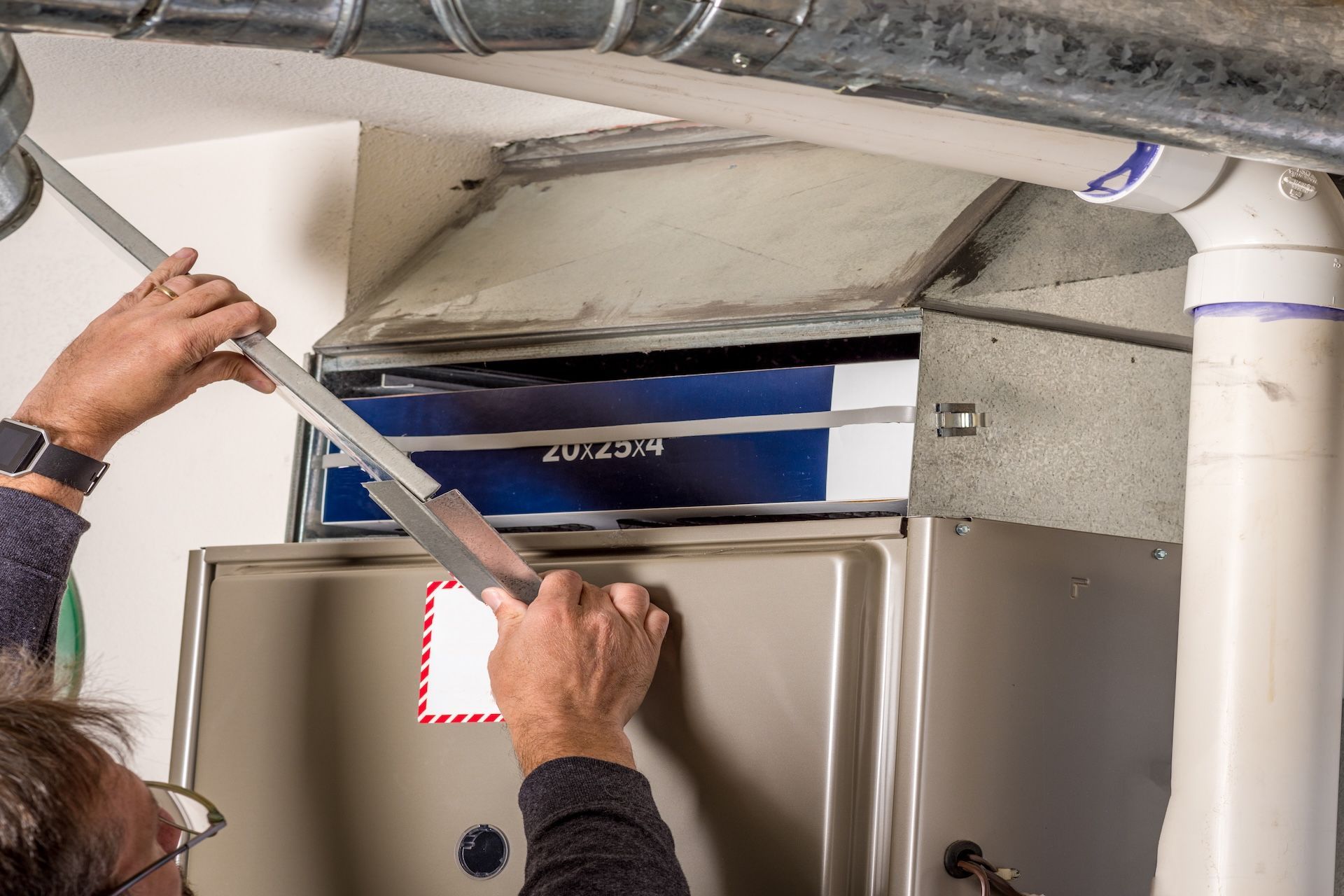Articles
HVAC Contractor Tips and Articles For Your Home
Water Heater Leaking from Panel: Quick Fixes & Tips to Stop the Drip

Understanding the Causes of Water Heater Leaks from the Panel
Understanding the causes of water heater leaks from the panel is crucial for any homeowner. If not addressed promptly, a water heater leak can lead to significant plumbing problems and costly repairs. One of the most common water heater issues is a faulty temperature and pressure relief valve, which can cause excess pressure buildup, leading to leakage.
Another potential cause is corrosion within the tank itself, often due to age or poor maintenance. When sediment builds up at the bottom of the tank, it can create hot spots that weaken the metal over time, resulting in leaks around the panel area. Additionally, improper installation or loose connections may contribute to leakage from your water heater panel.
By understanding the causes of these water heater leaks, you empower yourself to take action before minor issues escalate into significant headaches. Regular maintenance and timely inspections are essential in preventing these common problems and ensuring your water heater operates efficiently for years to come. Don't wait for a small drip to become a flood—stay informed and proactive!
4 Signs of Water Heater Leaks
Identifying the symptoms of a leak in your
water heater is crucial for preventing extensive damage to your home and ensuring your system operates efficiently. The signs of water heater leaks can often be subtle, but vigilance can save you time and money in the long run.
1. Moisture: First and foremost, look for moisture around the base of your water heater. This could indicate a slow leak that, if left unchecked, could lead to significant issues.
2. Rust: check for rust on the water heater itself; corrosion is not only a sign of potential leaks but also an indication that it's time to consider replacement.
3. Unusual sounds: Another critical symptom to watch for is unusual sounds emanating from the unit. If you hear dripping or hissing noises, it may suggest internal issues or pressure buildup due to leaks.
4. Water bills: Finally, monitor your water bills closely. An unexplained increase could indicate water escaping from your heater.
By detecting leaks in water heaters early through these signs, you can take proactive measures before they escalate into costly repairs or replacements. Please take your time; staying aware of these symptoms will help protect your home and wallet.
Quick Fixes for a Water Heater Leaking from the Panel
If you encounter the frustrating issue of a water heater leaking from the panel, it's crucial to act quickly to prevent further damage. Fortunately, several temporary fixes can be implemented immediately while you arrange a more permanent solution.
1. Sealant: First and foremost, locate the source. Often, a leak from the panel may be due to condensation or minor corrosion. In such cases, a high-quality sealant designed for water heaters can provide an effective short-term fix. Apply the sealant around the edges of the panel where moisture is escaping; this can help contain any leaks until professional assistance arrives.
2. Tightening any accessible screws: Another DIY repair tip involves tightening any accessible screws or bolts on the panel itself. Sometimes, loose fittings can lead to leaks that may seem more severe than they are. Ensure everything is snug, but be careful not to overtighten and cause further damage.
3. Placing a bucket or towel:
If you're dealing with significant leakage and immediate repair isn't possible, consider placing a bucket or towel under the leak to catch excess water and minimize damage to your home's flooring.
Remember that these temporary fixes are just stopgaps. Consult with a plumbing professional for a thorough inspection and repair as soon as possible. These proactive steps will protect your property and give you peace of mind as you navigate this inconvenience.
Preventative Measures: How to Avoid Future Leaks?
Preventative measures are essential in safeguarding your home from potential leaks, and one of the most effective strategies is winterizing your water heater. Ensuring your water heater is properly prepared can prevent costly damage and unexpected repairs as temperatures drop. Start by checking connections and valves for signs of wear or leaks; a small issue today can escalate into a major problem tomorrow. understanding the purpose of a
water heater expansion tank is key. This tank helps to absorb the excess pressure that can build up in your system as water heats and expands, preventing damage to your water heater and plumbing.
In addition to inspecting these critical components, implementing regular maintenance tips will significantly enhance the longevity of your water heater—schedule annual flushes to reduce sediment buildup, which hinders efficiency and leads to premature failure.
By taking these proactive steps, you not only extend the life of your appliance but also protect your home from the havoc that leaks can cause. Investing time in preventative care today will save you significant headaches—and expenses—in the future.
When to Call a Professional Plumber for Water Heater Issues
Understanding when to call a
professional plumber for water heater issues is crucial for maintaining your home's comfort and safety. While some minor problems can be tackled with DIY solutions, signs indicate it's time to seek help from expert plumbing services.
If you notice leaks around your water heater, this is a clear sign that something is amiss. Ignoring these leaks can lead to more significant damage and costly repairs.
Additionally, if your water temperature fluctuates or you experience an inconsistent hot water supply, it's time to contact a professional. These issues often signal underlying problems that require specialized knowledge and tools.
The cost of plumber services for leaks may vary depending on the complexity of the issue, but investing in professional help can save you money in the long run by preventing further damage.
Remember, addressing these signs promptly not only ensures your home remains safe but also extends the lifespan of your water heater. Don't hesitate—when in doubt, call a professional plumber to ensure peace of mind!
Conclusion: Take Action Now and Keep Your Home Safe with These Water Heater Tips!
In conclusion, ensuring the safety and efficiency of your water heater is not just a matter of convenience; it's essential for protecting your home and loved ones.
Following the tips outlined in this guide can significantly reduce the risk of potential hazards associated with warning
signs to replace your water heater. However, to safeguard your home, we urge you to act now.
Don't leave it to chance—hire our team at Gleason for professional inspections, maintenance, and repairs. Our experienced technicians are dedicated to providing top-notch service that will keep your water heater running smoothly and safely for years. Remember, when it comes to home safety, proactive steps today can prevent costly problems tomorrow!
If you have been searching the internet for “HVAC companies near me,” the search ends here! Gleason Heating and Air Conditioning is a trusted HVAC contractor in Wauconda, IL providing top-rated heating, air conditioning, plumbing, and electrical services. Whether you live in Wauconda, IL, or the Northern Chicago Suburbs, we offer same-day service for furnace repairs, frozen pipe repairs, leaking water heaters, new furnace installations, AC repairs, and system maintenance. Our team is committed to total customer satisfaction, and we follow up after each job to ensure everything is done to your satisfaction.
Disclaimer: The information on this website and blog is for general informational purposes only and is not professional advice. We make no guarantees of accuracy or completeness. We disclaim all liability for errors, omissions, or reliance on this content. Always consult a qualified professional for specific guidance.

